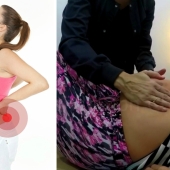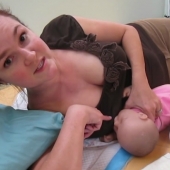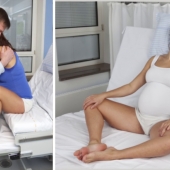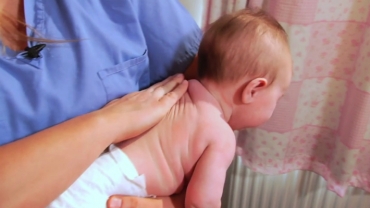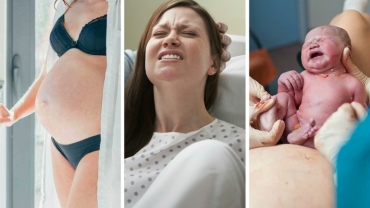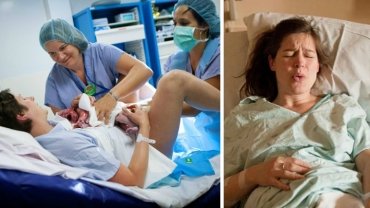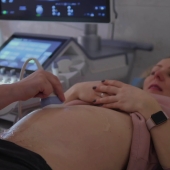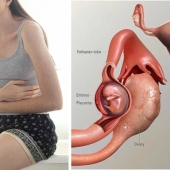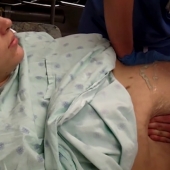Pre-eclampsia usually affects women in the second half of their pregnancy. If it's left untreated, it can put both the mother and the baby's health at risk.
It may lead to your baby being born prematurely or your baby failing to grow as we would expect in the womb. How would I know if I'm at risk of pre-eclampsia? Early indications of pre-eclampsia are probably going to be picked up by your community midwife or your GP at an antenatal check.
Women with pre-eclampsia have high blood pressure and protein in their urine. They test your urine for protein and they check your blood pressure to make sure it isn't high. Sometimes pre-eclampsia can come on quite quickly and you might be the first person to notice the symptoms.
In particular, swelling, especially in the face, the hands or in your ankles. You might have a really bad headache that just won't clear with normal painkillers. Your vision may be blurred. You may feel just really generally unwell.
And in severe forms, sometimes it can cause upper abdominal pain, just under your rib cage on your right-hand side. If you're not sure, go and see your midwife, as soon as possible, or your GP and let them check you out. Some women are more at risk of pre-eclampsia. So if you're overweight, have had kidney disease, diabetes, or suffer from high blood pressure naturally, this may put you at increased risk.
If you are diagnosed as having pre-eclampsia, you will have a greater input in your antenatal care. You will have more appointments and your baby will be monitored more carefully. But if your condition becomes more severe, you will need to be cared for in hospital and it may be advised that you have your baby earlier than expected, because delivering your baby sometimes is the only cure for controlling pre-eclampsia.
There is evidence to suggest that taking low-dose aspirin or calcium supplements can reduce your risk of getting pre-eclampsia. However, it is advisable for you to see your midwife or your GP for any advice on any supplementation.
So, remember, if you feel unwell, you've got that headache that won't go away, any visual disturbances, flashing lights, swelling, particularly in your face or your hands or your feet, go and see your midwife or your GP. Get early treatment and keep you and your baby safe.
- 15839 views

